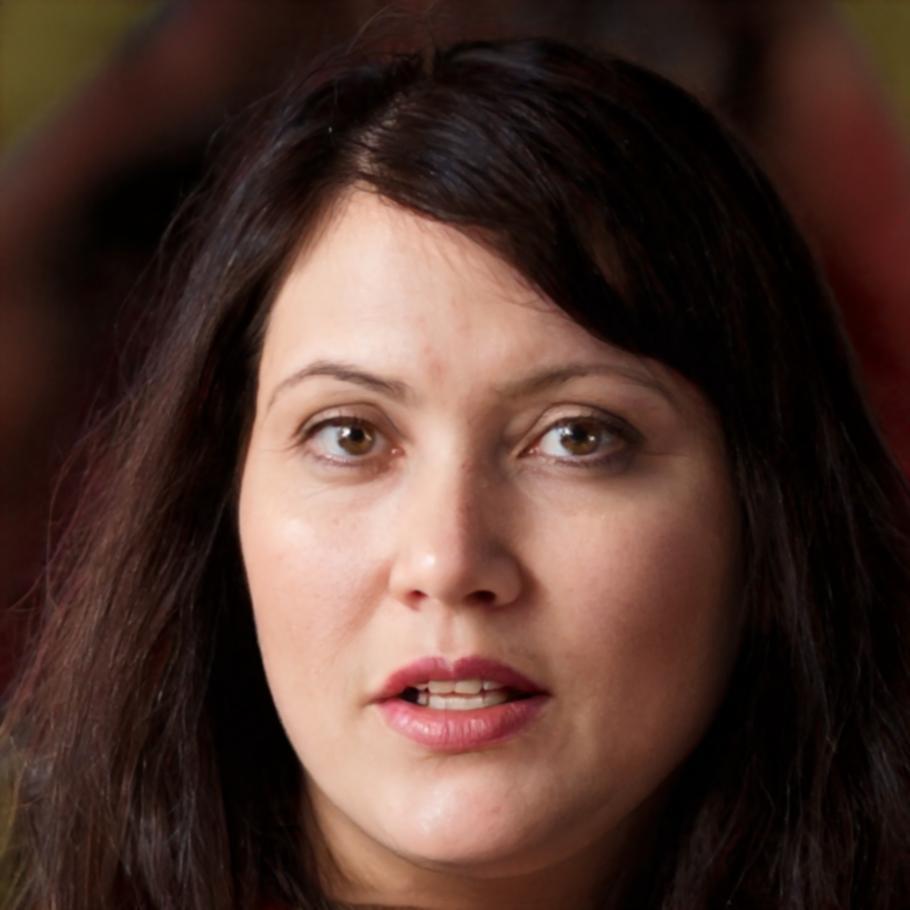Where Should You Actually Start?
Most people jump straight into budgeting apps or complex spreadsheets without understanding their real spending patterns. That's like trying to navigate Sydney without knowing which suburb you're in.
Before you set your first budget goal, you need clarity on where your money actually goes each month. And no, checking your bank balance doesn't count.
Get Your Starting Point
Essential Questions Before You Begin
These aren't the usual "write down your goals" questions. These dig into the real obstacles that trip people up within their first month of budgeting.
What's Your Real Spending Trigger?
Is it stress, boredom, or social pressure? Most budget failures happen because people don't address the emotional spending patterns that override their logical plans. Knowing your trigger helps you prepare practical responses instead of relying on willpower alone.
How Complex Is Your Income?
Salary, freelance work, rental income, irregular bonuses – each income type needs different budgeting strategies. Simple percentage-based budgets fall apart quickly when your monthly income varies by more than 20%.
What Failed Before and Why?
If you've tried budgeting apps, envelope systems, or zero-based budgets before, understanding why they didn't stick is crucial. Sometimes the method was wrong for your lifestyle, not your commitment level.
Are You Managing Solo or Together?
Partner budgets require completely different approaches than individual ones. Joint accounts, separate discretionary spending, and different financial priorities create complications that single-person budgets don't address.

Why Most People Start in the Wrong Place
They Focus on Cutting, Not Understanding
The first instinct is usually "I need to spend less on coffee" or "I should cancel subscriptions." But without understanding your complete spending ecosystem, you're just playing budget whack-a-mole. Money you save in one category often leaks out somewhere else.
They Underestimate Irregular Expenses
Car registration, holiday gifts, medical appointments – these "surprise" expenses derail more budgets than any daily spending habit. Yet most people don't account for them until they're already over budget.
They Skip the Reality Check Phase
Before you can plan where money should go, you need three months of data showing where it actually goes. Not estimates or guesses – real transaction history. This reveals patterns you can't see from memory alone.
They Don't Plan for Learning Time
Effective budgeting takes about 6-8 weeks to become natural. Most people expect results in two weeks and give up when it feels difficult. Understanding this timeline helps set realistic expectations for the adjustment period.
Ready to Start the Right Way?
Our budget education programs begin in September 2025 with a foundations course that addresses these exact challenges. You'll spend the first month understanding your real spending patterns before creating any budget constraints.


The approach focuses on practical systems that work with your actual lifestyle, not theoretical budgets that look good on paper but fail in real life.
